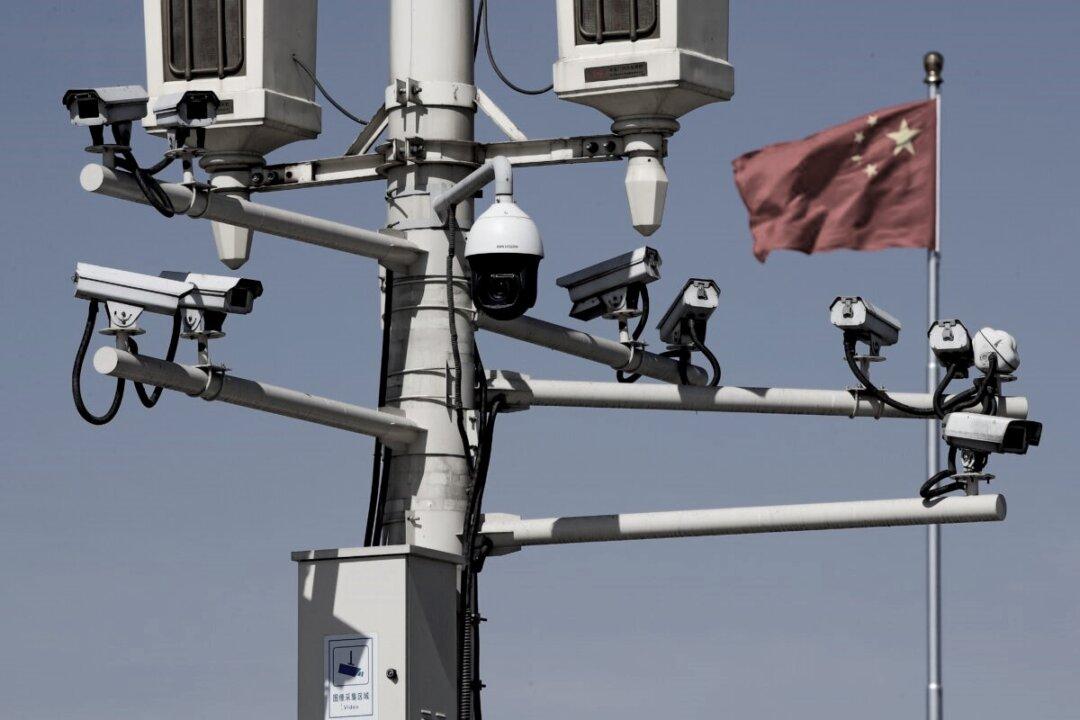Governments may increase their espionage efforts in China in response to weakening transparency from the Chinese Communist Party (CCP) leadership, according to an Australian defence expert.
Michael Shoebridge, director at Strategic Analysis Australia, made the comments as attention focuses on the CCP’s espionage interference overseas.




